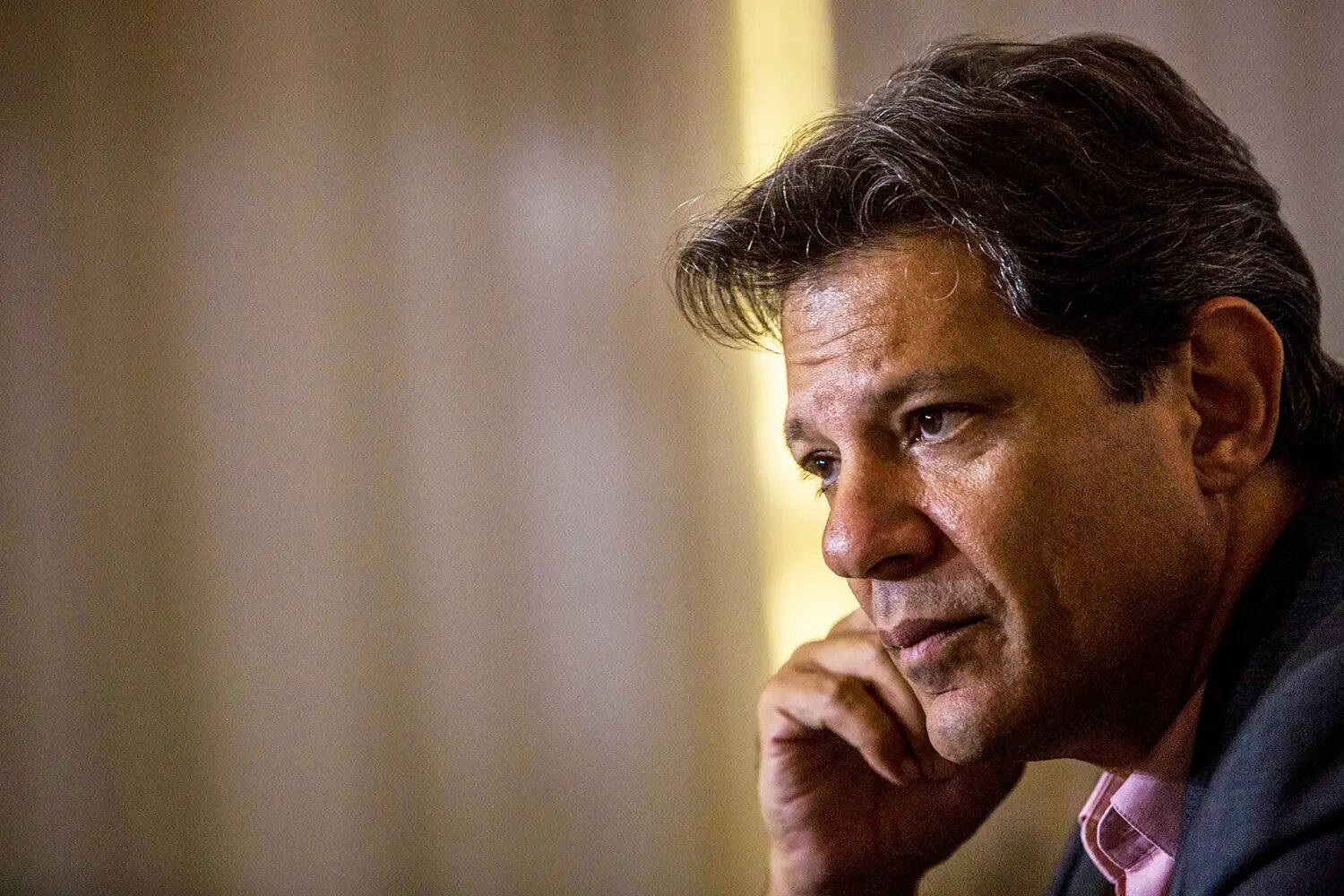Brazil’s Finance Minister, Fernando Haddad, has consistently advocated for revenue-boosting strategies aiming for a balanced national budget in 2024.
However, internally, there’s an understanding of the potential risk of running a deficit next year.
Haddad’s approach has tempered concerns about President Luiz Inácio Lula da Silva’s spending intentions.
He faces the challenge of generating an additional US$40 billion in revenue to overturn a predicted deficit of US$29.1 billion this year.
To achieve this, Haddad has put forth a range of tax-related measures. Gaining parliamentary approval for these measures presents a hurdle.

Key legislative figures, including House Speaker Arthur Lira, have shown limited support. As deadlines loom, there’s growing urgency to enact these policies.
Last week, Haddad publicly voiced concerns about the legislative process, especially regarding offshore tax measures.
Additionally, he critiqued the distribution of public funds to federal projects and expressed concerns about the House’s authority.
These statements postponed discussions on Brazil’s new fiscal framework, which requires approval by the end of August.
Lira, significant in centrist party discussions with President Lula regarding cabinet positions, wields considerable legislative influence.
Haddad’s recent efforts have focused on mending relationships in the House. Upcoming meetings aim to discuss the fiscal plan vote.
Optimism remains that a consensus between Lula and Lira could facilitate the fiscal bill’s timely approval.
However, challenges persist. Brazil’s budgetary guidelines proposed a zero deficit for 2024.
If Congress disapproves of new tax measures, there might be a push to revise fiscal targets, potentially compromising public investments and social spending.
Observers suggest that not achieving a balanced budget by 2024 isn’t catastrophic, but the fiscal framework must remain credible for Brazil’s future financial direction.

